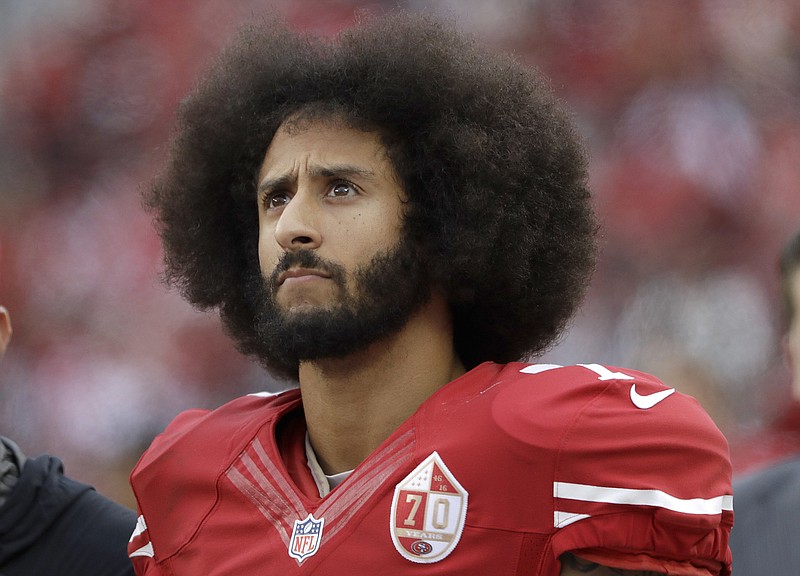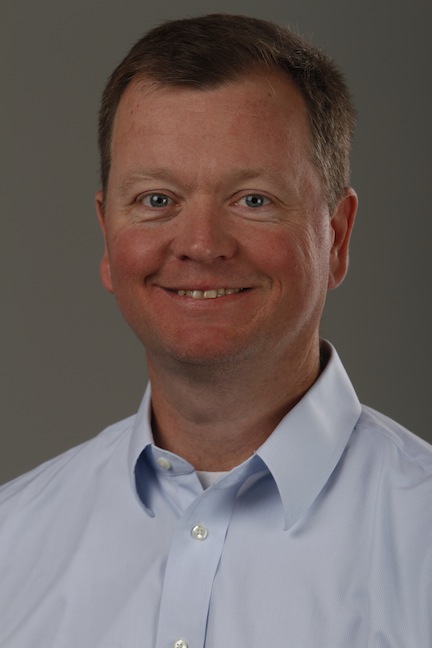Colin Kaepernick was named GQ magazine's "Citizen of the Year" for his social statements.
J.J. Watt, another NFL big name, raised more than $35 million for hurricane relief in Houston.
Take that for what it's worth.
This side of Trump, there are few people who are as well-known and as controversial. Kaepernick's protests for equality during the national anthem have had ripple effects across football and society.
Case in point: The interconnection between football and patriotism took another turn this week - Veterans Day weekend mind you - in the college game.
Yes, college has been a place for the melting pot of snowflakes and faux outrage for years.
In the Deep South, LSU's band took to the field Saturday afternoon in Baton Rouge and performed a stirring rendition of a series of military-inspired songs.
As they were playing, the LSU band members formed shapes of a jet, a cannon and battleship, among others.
It was a fitting tribute to our military.
On the West Coast, the Stanford band on Friday night took a decidedly different tack.
To be fair, the Stanford band has forever prided itself on being sarcastic, indifferent and, well, just different.
And that's OK.
But Friday night, on the day we celebrated and mere hours before the traditional Veterans Day observance, the Stanford band took to the halftime stage to thumb its nose at the president of the United States.
Donald Trump has been mired in controversy with Russia since he was elected more than a year ago.
Stanford's band members, thinking they were the collective musical version of "Saturday Night Live," took their halftime opportunity on national television to make their political statement.
They played the Russian national anthem as they marched to form "U.S.A.," as an obvious insult both to the president and, whether they realized it, our nation's veterans.
Sure, there will be those who served who do not like Trump and who are not worried about that gesture.
But to assume that all of those who served are not affected by that is as short-sighted as those who think Kaepernick is not in the NFL today because of quarterbacking skills.
And if you want that to fall under the freedom of speech umbrella, OK. I get that.
And now comes news that some in the Stanford administration are encouraging people to tear down fliers and block those interested in hearing a speaker on campus.
Yes, that speaker - Robert Spencer - is controversial. And while you or I may agree with Spencer or Kaepernick or the band playing the Russian national anthem, how does one side get to decide what is free in the freedom of speech argument?
Spencer's appearance led to one student leader sending out this message: "We want to empower your freedom of speech, and it is our job to create a safe space."
Now, considering no one on campus apparently had opposition to the band's choice of music on Veterans Day, is it a stretch to think that student was really saying: "We want freedom of speech as long as you embrace the freedom to agree with us?"
God bless America, and those who embrace those great freedoms need to remember those who fought for them.
Contact Jay Greeson at jgreeson@timesfreepress.com and 423-757-6343.

